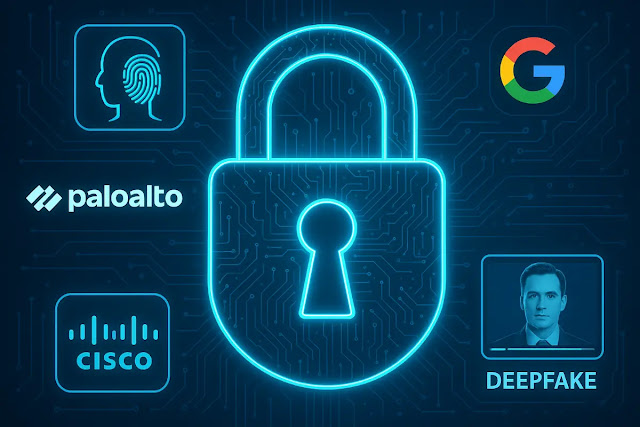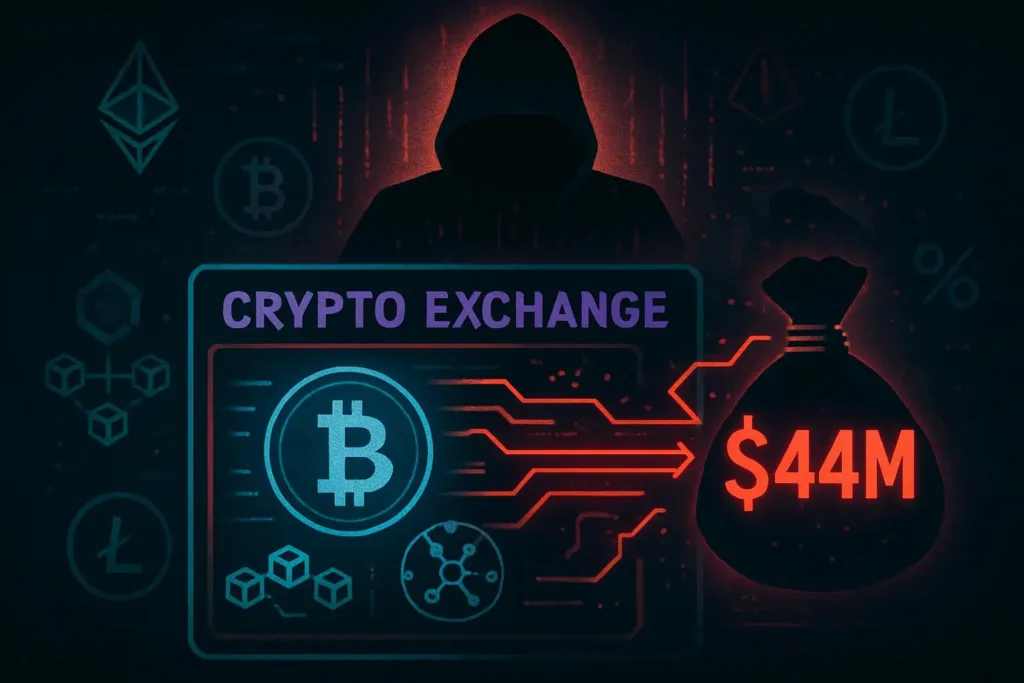From defending against deepfake videos to securing AI agents, the world of cybersecurity is being rewritten, and at the heart of it all is identity.
1. The Billion-Dollar Buying Spree
In the last 12 months, we’ve seen cybersecurity’s biggest players opening their wallets wide:
- Cisco bought Splunk for $28 billion in 2024.
- Google (Alphabet) announced it’s buying Wiz for $32 billion in 2025.
- Palo Alto Networks is acquiring CyberArk for $25 billion, its biggest acquisition ever.
It’s not just a buying frenzy; it’s a clear shift in strategy. Each of these deals centers around one thing: identity.
2. Why Identity Security Is Suddenly So Hot
In the AI era, identity isn’t just about users logging in; it’s about securing people, machines, APIs, bots, and AI agents.
Attackers no longer rely only on exploiting firewalls or malware. They’re increasingly targeting credentials, access rights, and identity gaps. That’s why security leaders are shifting toward a “zero trust” model, where every identity must be verified, every time.
Gartner predicted that by 2025, identity-first security strategies will be a foundational element of all cybersecurity programs, and it’s playing out in real time.
(Source: Gartner)
3. The Palo Alto + CyberArk Deal Explained
Palo Alto Networks is a giant in firewall, cloud, and AI-driven threat detection.
CyberArk is a global leader in Privileged Access Management (PAM) and Identity Security.
By acquiring CyberArk, Palo Alto gains:
- Proven PAM technologies
- Access and secrets management tools
- Expertise in identity governance
- A stronger hand in the zero-trust race
Palo Alto’s Cortex and Strata platforms will now potentially integrate CyberArk’s identity stack offering end-to-end security from login to data layer, covering humans, workloads, and AI agents.
“This move positions Palo Alto to compete directly with Microsoft Entra and Okta,” said one industry analyst at Forrester.
(Source: Forrester Zero Trust Wave, 2024)
More Stories You Might Like
4. Splunk, Wiz, and the Bigger Pattern
This acquisition mirrors what Cisco and Google are already doing:
- Cisco’s Splunk deal wasn’t just about logs; it was about observability, identity analytics, and AI-led security orchestration.
- Google’s acquisition of Wiz gives it deep visibility into cloud workload identities who have access to what, and how they’re using it.
All three giants, Cisco, Google, and Palo Alto, are now building security platforms that combine:
- Identity
- AI
- Visibility
- Threat Response
This signals a tectonic shift in the cybersecurity landscape away from point solutions, toward platform-led identity-first security.
5. What It Means for Enterprises
For CISOs and security teams, this trend means a few big things:
- ✅ Consolidation is coming with fewer tools, more integrated platforms
- 🔐 Identity will become the control plane for security
- ⚙️ Zero trust isn’t optional anymore, it’s the new normal
- 🤖 AI-ready security will require identity-aware enforcement and automation
It’s not just about stopping breaches anymore; it’s about securing the entire digital experience, especially as AI agents, chatbots, and machine identities become part of daily business operations.
6. The Road Ahead: Can Palo Alto Pull It Off?
While the strategy makes sense, the real challenge will be integration. Folding CyberArk’s stack into Palo Alto’s platforms won’t be simple; product alignment, go-to-market synergy, and customer transition will all take time.
But if done right, this could make Palo Alto the go-to security platform in a world where identity is everything.
And judging by the size of the bet $25 billion, they clearly believe it’s worth the risk.
Final Thoughts
In 2025, the cybersecurity battlefield isn’t just about firewalls or antivirus it’s about who you are, what you have access to, and how well that’s being managed. That’s why the smart money is chasing identity security.
From Splunk to Wiz to CyberArk, the message is clear:
- Identity is the new perimeter.
- AI is the new attacker.
- Integrated security is the future.




